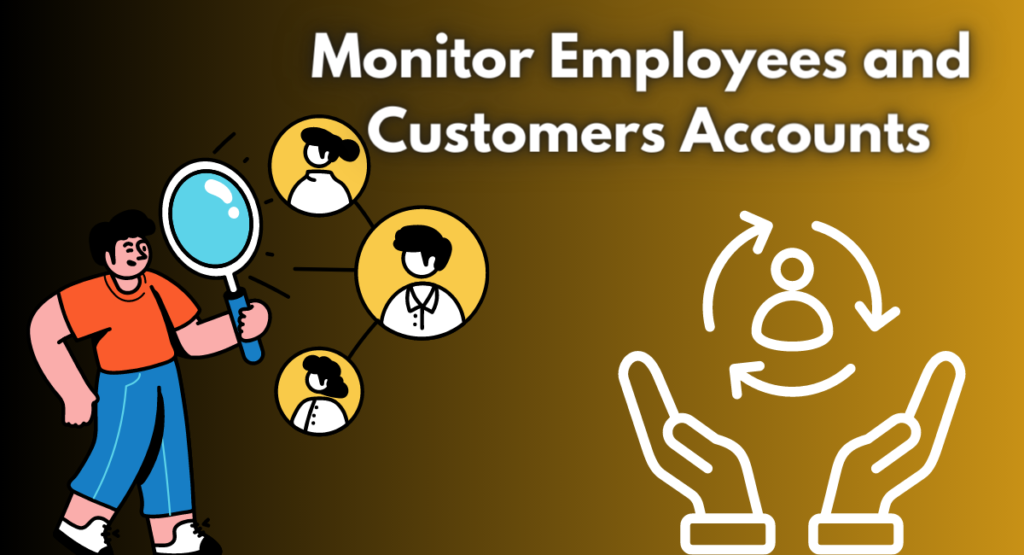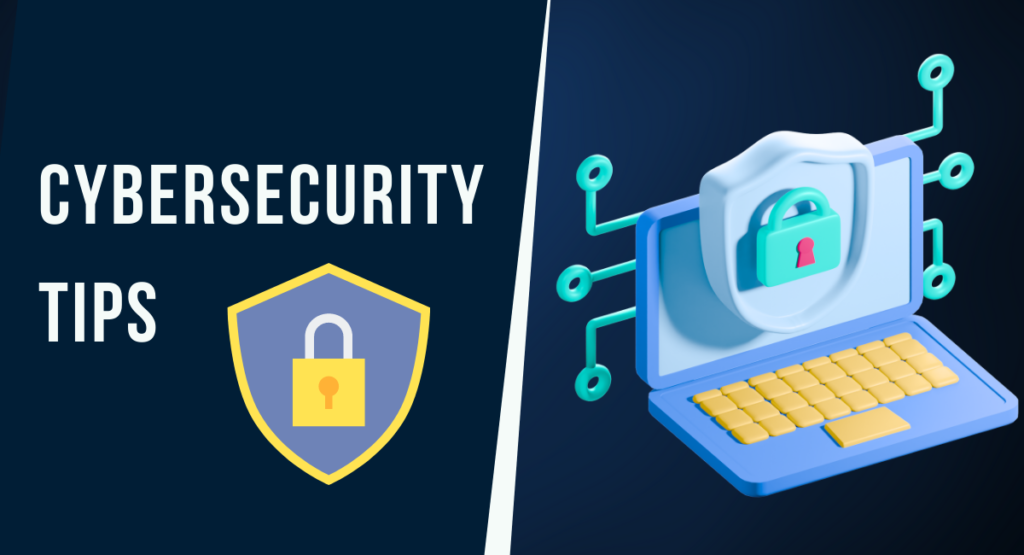The internet is a great tool for businesses to make contacts, advertise their products, and engage customers – but it can also leave them open to attacks by malicious hackers. Cybersecurity should always be high on your agenda if you’re managing an online business. Here’s an overview of the most important tips that you need to know in order to keep your business safe from cyber-attacks. From password policies and standards, two-factor authentication processes, staying up-to-date with the latest security solutions, and developing a strong incident response plan – this article covers essential steps that every organization must take in order to protect itself from potential threats in our increasingly digital world.
What is Cybersecurity?
Cybersecurity is a term used to describe any measures taken by companies to protect their digital systems, networks, and data from cyber-attacks. It is essential to keep all software and hardware current with the newest security patches, deploy firewalls to prevent any unwelcome access, conduct frequent scans for potential malware or phishing attacks, and institute robust two-factor authentication processes for users.
Creating a Strong Password Policy:
Establishing a password policy is one of the most important steps businesses can take to protect their sensitive data. Implementation of a systematic approach for staff to select, store, and update passwords in accordance with industry best practices, organizations can create an added layer of security that can keep critical information safe. A comprehensive password policy should require strong passwords to be utilized by all individuals who access sensitive data and should also include guidelines on how often those passwords need to be changed. These password strategies will go a long way in safeguarding any highly-valuable information or accounts that belong to the organization.
Use of Multi-Factor Authentication and Encryption Technologies:
Implementing multi-factor authentication and encryption technologies is a protective mode for your data and your privacy. It’s important to be sure that you are protected against hackers who can access personal information easily with many activities now taking place online. Multi-factor authentication helps confirm user identification through a more secure process than traditional passwords. By requiring multiple forms of verification such as fingerprints, security questions or codes sent via text or email, users can be sure that unauthorized access is limited.
Encryption technologies guarantee confidential communications between sender and receiver by using a cryptographic key to scramble messages before they are transmitted. This powerful combination of authentication and encryption tools guarantees privacy protection in an increasingly digital world.
Use of Firewalls to Protect Your Network:
It is essential to have proper security measures in place when it comes to protecting your network from malicious threats. Firewalls can be implemented to provide a first line of defense against hacking, viruses, and other online dangers. Not only do they detect potential dangers, but they are also capable of blocking them before any damage can be done. Businesses can ensure that their data is secure and not at risk of falling into the wrong hands by regularly monitoring the security of their networks. Firewalls are an invaluable resource for keeping your network safe, so make sure to take the steps necessary to secure yours today.
Establish Secure Remote Access Policies:
Remote work is becoming increasingly common, making it important for businesses to establish security policies for staff working from home. Cybersecurity should be considered paramount when setting these protocols, as it is the only way to fully protect all the devices connected to the system. Implementing stringent passwords and two-factor authentication are good steps to take toward ensuring a safe and productive remote environment for all employees. Providing staff with clear instructions on how Access Requests should be formally submitted can help provide accountability throughout the process, while still allowing workers maximum flexibility during their time away from the office.
Establishing secure remote access policies for your team is paramount to ensuring the protection of valuable corporate data and safeguarding organizational assets.
Monitor Employee’s and Customers Accounts:

Organizations should ensure that they are regularly monitoring their employee and customer accounts to protect themselves against malicious activity. This could include tracking suspecting activities, such as logins from different geographic locations or suspicious account modifications. It is also important to keep a close eye on any user access requests and flag them if anything looks out of the ordinary. Business owners can use automated systems to detect any unusual behavior that could potentially lead to security breaches.
Remove Adware:
Adware is those pesky little programs that seem to be hiding everywhere, ready to compromise your data and create a mess on your machines. Removing adware from our systems is a necessary step in preserving their health and integrity. The best way to do this is to use an anti-malware program – whatever brand you choose – regularly scan your machines and keep a vigilant eye out for any suspicious software. A good program will even stop the installation of new potentially harmful applications before they have a chance to do damage. Keeping on top of your machine’s security will spare you from the annoyance, headaches, and long hours spent clearing adware from your system.
Invest in Security Training:
It is important to invest in security training for employees. Employees should understand the basics of cyber security, including what constitutes a secure password and how to protect their data from hackers. Organizations should also provide regular refresher courses on these topics as well as any new relevant developments in the field. Cybersecurity is an ever-changing landscape, and it is essential to keep up with the latest trends and methods of protection. Organizations should also consider implementing a response plan in the event of a security breach so that employees are aware of their roles if such an incident were to occur.
Final Conclusion:
Cybersecurity is the foremost crucial thing that is much needed to protect organizations from malicious cyber-attacks and data breaches. Businesses should take the necessary steps to ensure their networks are secure, including investing in firewalls, establishing secure remote access policies, monitoring employee and customer accounts, removing adware, and investing in security training for employees. It is essential to stay up-to-date with the latest security trends and developments in order to keep your network safe.

